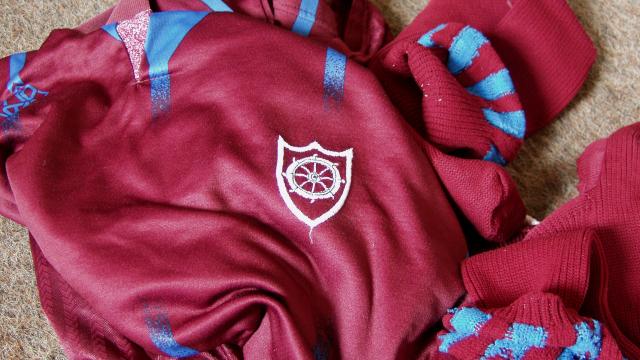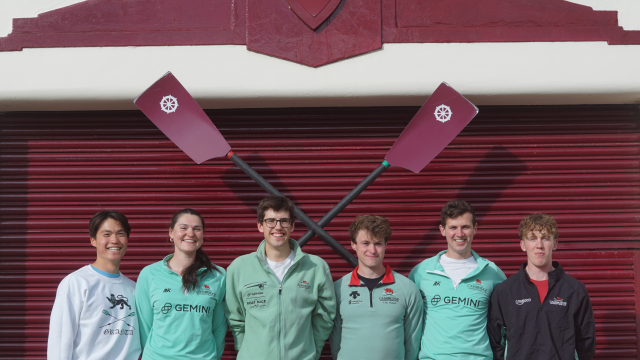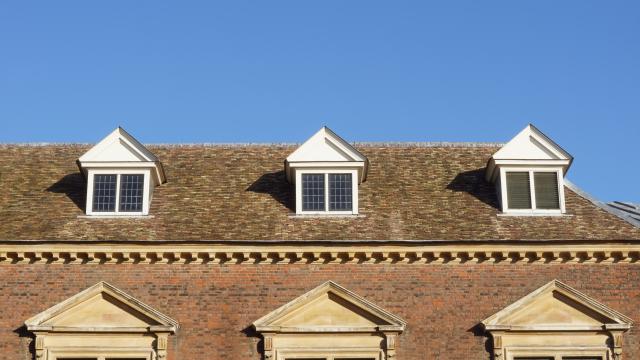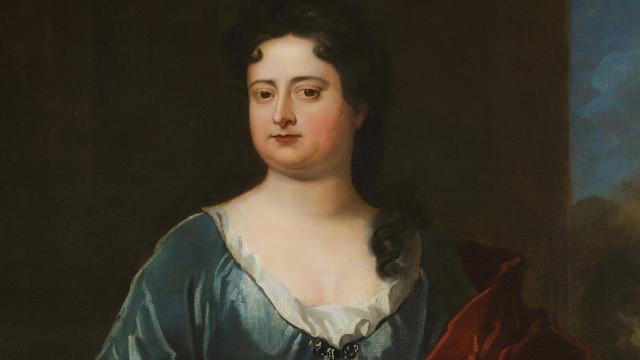
A Fellow of St Catharine’s College has contributed to a new documentary series marking the 175th anniversary of the Great Irish Famine. Dr Niamh Gallagher (2009, History), University Lecturer at the Faculty of History in modern British and Irish history, appears in ‘The Hunger: The Story of the Irish Famine’ on RTÉ One (Ireland’s national broadcaster).
Narrated by actor Liam Neeson and produced by Tyrone Productions, the documentary explores the international origins, development and legacy of the famine in two parts:
- Episode 1 was broadcast on 30 November and is available to watch internationally on RTÉ Player until 7 December
- Episode 2 is due to be broadcast at 9.35pm on 7 December and will be added to RTÉ Player soon after
Dr Gallagher comments, “The blight which ravaged the potato crop and hunger shortages of the 1840s were European problems in which Ireland took centre stage. How Westminster responded to the tragedy and the legacy of its policies to relieve distress paint a harrowing picture of short-term successes in the shadow of abject failure.”
“The legacy of the famine is clear: Ireland is the only country in Europe today to have a smaller population than it did in 1845. This, alongside the thriving Irish diasporic communities worldwide, are permanent legacies of the 1840s famine.”
The documentary came about as a collaboration between University College Cork (UCC) and RTÉ, but Dr Gallagher was approached by producer Ruán Magan, after he heard her speak about the Great Irish Famine as part of an episode of 'In Our Time' on BBC Radio 4 in 2019.
Ruán explains, “The work of the UCC team in the Atlas of the Great Irish Famine allows us to see things with fresh eyes on a local basis... So many personal, human stories lie behind every map. Our hope with the documentaries is to allow viewers access to, and discover for themselves, the epic, terrible experience of the famine."
Half a million people in Ireland tuned in to watch the first programme: a strikingly high viewership in a country with just under five million inhabitants. 175 years later, the 1840s famine continues to provoke questions about why Ireland was so badly affected when compared with other European countries and, more controversially, how such devastation was allowed to happen within the United Kingdom.




